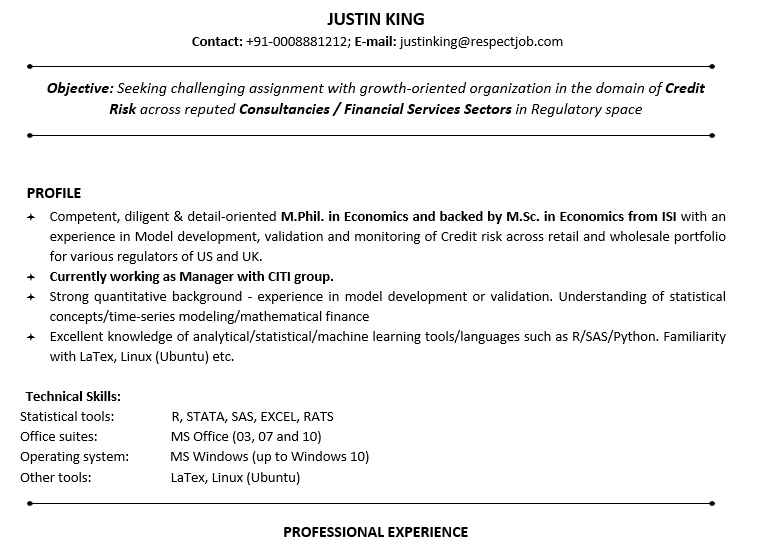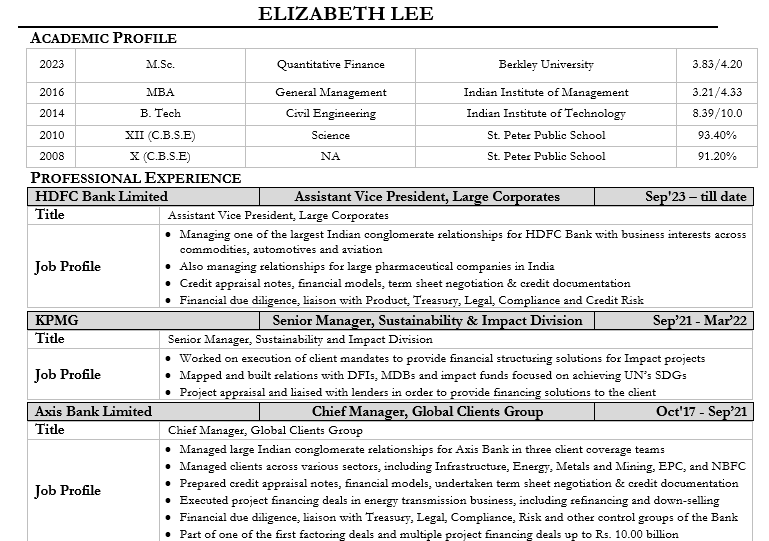Struggling to land an entry-level job can be frustrating, but there are steps you can take to improve your chances:
-
Assess your skills: Take an honest look at your skills and qualifications. Are there any areas where you can improve or gain additional experience?
-
Expand your network: Networking is crucial in finding job opportunities. Attend industry events, join professional associations, and connect with professionals on LinkedIn. Don’t be afraid to reach out and ask for informational interviews.
-
Update your resume and cover letter: Make sure your resume and cover letter are tailored to each job you apply for. Highlight relevant experience and skills that align with the job description.
-
Consider temporary or freelance work: Temporary or freelance work can provide valuable experience and may lead to full-time opportunities. Look for freelance gigs on platforms like Upwork or Fiverr, or consider temp agencies in your area.
-
Volunteer or intern: Volunteering or interning can help you gain experience and make valuable connections in your field. Even if the position is unpaid, the experience you gain can be invaluable.
-
Expand your job search: Don’t limit yourself to a specific location or industry. Consider expanding your job search to include different industries or geographic locations where there may be more opportunities.
-
Improve your interview skills: Practice common interview questions and work on your communication and presentation skills. Consider doing mock interviews with a friend or mentor to get feedback.
-
Seek feedback: If you’ve been applying for jobs but haven’t been successful, ask for feedback from hiring managers or recruiters. They may be able to provide valuable insights into areas where you can improve.
-
Upskill or retrain: Consider taking courses or obtaining certifications to improve your skills and make yourself more marketable to employers. Look for online courses or local programs that align with your career goals.
-
Stay persistent and resilient: Job searching can be challenging, but it’s important to stay persistent and resilient. Keep applying for jobs, networking, and seeking out new opportunities. Remember that rejection is a normal part of the process, and don’t get discouraged.
-
Seek out mentorship: Finding a mentor who has experience in your desired field can provide valuable guidance and support. They can offer advice, help you navigate the job market, and provide encouragement during your job search.
-
Consider alternative career paths: If you’re having trouble breaking into your desired field, consider exploring alternative career paths that may still align with your interests and skills. Keep an open mind and be willing to explore different opportunities.
By taking these steps and staying proactive in your job search, you can increase your chances of landing an entry-level position. Remember to stay positive and persistent, and don’t be afraid to seek out help and support along the way. Why you can’t land an entry-level job:
-
Lack of Experience: Many entry-level positions still require some level of relevant experience. Without internships, volunteer work, or previous jobs, candidates may struggle to stand out.
-
Limited Networking: Networking is crucial in today’s job market. Without connections in the industry or referrals from professionals, candidates may find it difficult to get their foot in the door.
-
Weak Resume: A poorly formatted or unimpressive resume can easily get overlooked by hiring managers. Candidates need to ensure their resume effectively highlights their skills, education, and any relevant experiences.
-
Inadequate Cover Letter: A generic or uninspiring cover letter may fail to grab the attention of employers. A tailored cover letter that showcases the candidate’s passion for the role and company can greatly increase their chances.
-
Lack of Marketable Skills: Candidates may lack certain skills that are in demand in the job market, such as proficiency in specific software or technical abilities. Investing in learning these skills through online courses or certifications could help.
-
High Competition: Entry-level positions often receive a large number of applications, making it a highly competitive environment. Standing out among hundreds of other applicants can be challenging.
-
Poor Interview Skills: Even if a candidate looks good on paper, they may struggle to articulate their thoughts during interviews. Lack of preparation or nervousness can hinder their ability to make a positive impression.
-
Geographical Limitations: Job opportunities may be limited in certain geographical areas, especially in smaller towns or regions with a less diverse job market. Candidates may need to consider relocating for better prospects.
-
Mismatched Expectations: Sometimes, candidates apply for positions that are either too advanced or not aligned with their skills and qualifications. Understanding one’s own strengths and limitations is essential for finding the right fit.
-
Overqualification: Surprisingly, being overqualified can also be a barrier to landing an entry-level job. Employers may worry that the candidate will quickly leave for a better opportunity or demand a higher salary than what’s offered.
-
Negative Online Presence: Employers often research candidates online before making hiring decisions. A candidate’s social media profiles or online activity may contain red flags or unprofessional behavior that deter employers.
-
Limited Soft Skills: Beyond technical skills, employers also value soft skills such as communication, teamwork, and problem-solving. Candidates who lack these essential skills may struggle to secure a job offer.
-
Economic Conditions: In challenging economic times, companies may freeze hiring or reduce the number of entry-level positions available. External factors beyond the candidate’s control can significantly impact their job search.
-
Unrealistic Salary Expectations: Entry-level positions typically offer lower salaries compared to more senior roles. Candidates with unrealistic salary expectations may price themselves out of consideration for these roles.
-
Industry-Specific Challenges: Certain industries may have unique challenges or requirements for entry-level positions. For example, creative fields may require candidates to have a strong portfolio, while STEM industries may prioritize technical expertise.
-
Discrimination: Unfortunately, discrimination based on factors such as age, gender, race, or disability can still occur in the hiring process. Candidates facing discrimination may struggle to overcome biases held by employers.
-
Lack of Persistence: Finding a job can be a lengthy and discouraging process. Candidates who give up too easily or become demotivated after a few rejections may miss out on potential opportunities.
-
Limited Industry Knowledge: Employers prefer candidates who demonstrate a genuine interest in the industry and understand its trends and challenges. Lack of industry knowledge can make candidates appear disengaged or unprepared.
-
Ineffective Job Search Strategies: Simply submitting online applications without any follow-up or networking efforts may not yield results. Candidates need to employ a variety of job search strategies, including networking events, job fairs, and informational interviews.
-
Unprofessional Behavior: Any unprofessional behavior during the job search process, such as being late to interviews, failing to follow up promptly, or speaking negatively about previous employers, can harm a candidate’s chances of landing a job.










